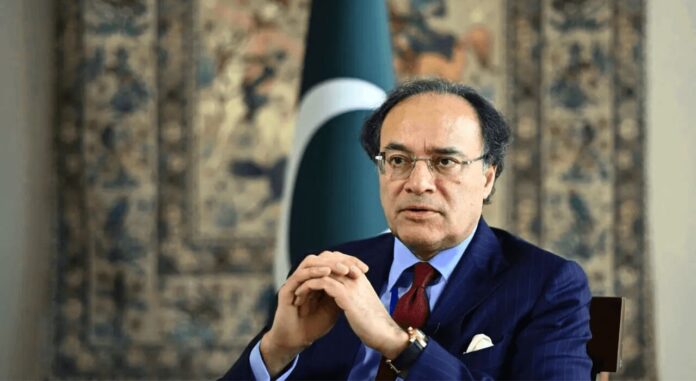Pakistan’s Finance Minister reaffirmed the government’s commitment to sustaining a comprehensive package of economic reforms aimed at long-term growth and resilience. However, as reform measures continue, experts stress that the health and pharmaceutical sectors must become central pillars of the national reform agenda.
The economic stability envisioned through fiscal consolidation and structural adjustments will only hold value if it translates into better healthcare access and affordable medicine for citizens. In Pakistan, healthcare costs have been rising steadily, while the pharmaceutical sector struggles with regulatory delays, inconsistent pricing, and import-dependent supply chains. Integrating health sector revitalisation into the reform framework could create sustainable economic and social dividends.
Stakeholders within the pharmaceutical industry have consistently argued that government-led reforms must focus on promoting local manufacturing, streamlining regulatory approvals, and investing in research and development. The establishment of new pharmaceutical zones, coupled with incentives for quality production and export expansion, could help Pakistan transition from an import-heavy model to a self-reliant, innovation-driven one.
Public health experts warn that while fiscal reforms are essential, neglecting healthcare infrastructure and medicine affordability risks deepening social inequality. A strong economy depends on a healthy workforce, and that requires consistent availability of safe, affordable, and high-quality medicines. The ongoing dialogue between the health ministry, the Drug Regulatory Authority of Pakistan, and economic policymakers must therefore evolve into a unified roadmap linking fiscal stability with public health outcomes.
By aligning economic reforms with healthcare priorities, Pakistan can achieve a multiplier effect improving human development indicators, boosting pharmaceutical exports, and strengthening investor confidence in the country’s life sciences sector. The government’s next challenge lies in ensuring that its commitment to economic transformation includes the health and well-being of every citizen.



Comments (0)
No comments yet. Be the first to comment!
Leave a Comment